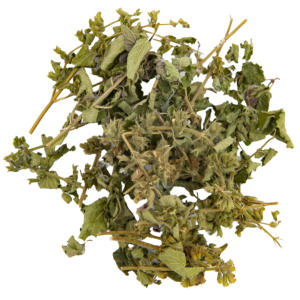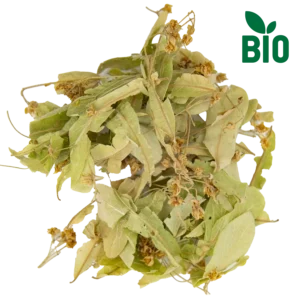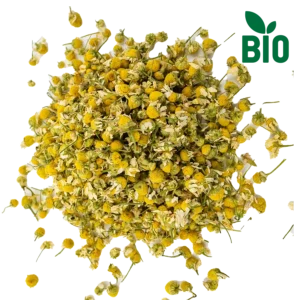Looking for natural ways to manage blood pressure, many people turn to traditional wisdom and the power of nature. Within this search, tea to combat blood pressure is a popular choice, as it has the ability to combine the pleasure of a warm, pleasant embrace with the cardiovascular health benefits of various types of herbs. We will explore the general relationship between herbal infusions and blood pressure regulation, discussing how this simple custom can contribute to a balanced and healthy heart function.
Picture from: Robert Kneschke
Blood pressure is the force exerted by blood on the walls of the arteries as it moves through them. It is expressed in two numbers: systolic pressure, which is the highest blood pressure when the heart contracts to pump blood, and diastolic pressure, which is the lowest blood pressure when the heart relaxes between beats.
Some herbs have the ability to affect blood pressure due to their natural components that may affect vascular function and heart activity.

While there is interest in the role of herbal teas in the management of blood pressure, it is important to treat these issues with caution. Do not neglect to inform your doctor before adding anything new to your treatment regimen. Herbs may interact with some medications or have side effects.
Picture from: Proxima Studio
Studies examining the role of herbs on blood pressure are being conducted by the scientific community. One example is a study published in the Journal of Human Hypertension in 2013. In this study, researchers conducted a randomized clinical experiment with patients who had chronic stable angina and measured the effect of Lemon balm (Melissa officinalis) on blood pressure and arterial elasticity. The researchers observed an improvement in arterial elasticity in patients receiving Lemon balm extract compared to the control group.
So, let’s have a look at some herbs that can be an ally in heart function:
Linden: Linden is traditionally used to relieve stress and promote relaxation. According to traditional medicine, ”Linden relaxes and heals blood vessels, helps prevent atherosclerosis.”
Chamomile: Chamomile has properties that help reduce stress and blood pressure, promoting relaxation.
Lemon balm: Lemon balm helps to relieve the nervous system, reduces stress and helps in the treatment of high blood pressure.
Rosemary: According to traditional medicine, rosemary is considered a general tonic for the nervous and circulatory system. It is beneficial for people who tire quickly and the elderly.

Note: While the above are general guidelines, the safety and effectiveness of using herbs may vary for everyone. For this reason, always consult your doctor before adding herbs to your treatment. This is especially recommended if you already have a health problem or are taking other medications.
Diet and lifestyle have a significant effect on blood pressure. Let’s see how:

In summary, the regulation of blood pressure is achieved through a healthy diet, active lifestyle. Therefore, herbs are a nice habit, through which we get multiple benefits. Every step in this direction constitutes an important choice for better heart health.
1-3 cups a day is recommended, but it depends on the type of herb and each person’s needs.
Consult your doctor as there may be interactions.
Use fresh or dried herbs and steep them in water temperature just before the boiling point for 5-10 minutes.Αρχή φόρμας
Subscribe to our newsletter to stay informed about herbs, recipes, exclusive offers, and receive a 15% discount on your first order!

Ευχαριστούμε πολύ τα παρακάτω websites για τη συνδρομή τους σε επιπρόσθετο, ελεύθερο φωτογραφικό υλικό (free stock) που χρησιμοποιείται στην ιστοσελίδα μας:
Pixabay.com
Pexels.com
Unsplash.com
Freepik.com
Canva.com
Adobe.com
Σταύρος Δεβεράκης (Φωτογράφος)
Many thanks to the following websites for their subscription to additional, free stock photography used on our website:
Pixabay.com
Pexels.com
Unsplash.com
Freepik.com
Canva.com
Adobe.com
Stavros Deverakis (Photographer)